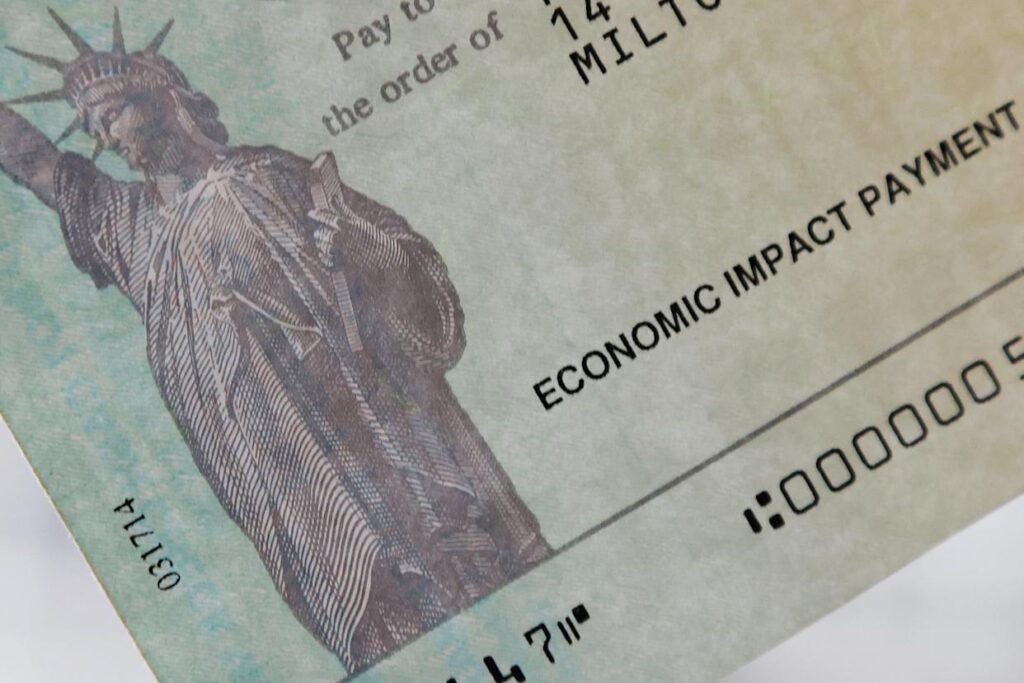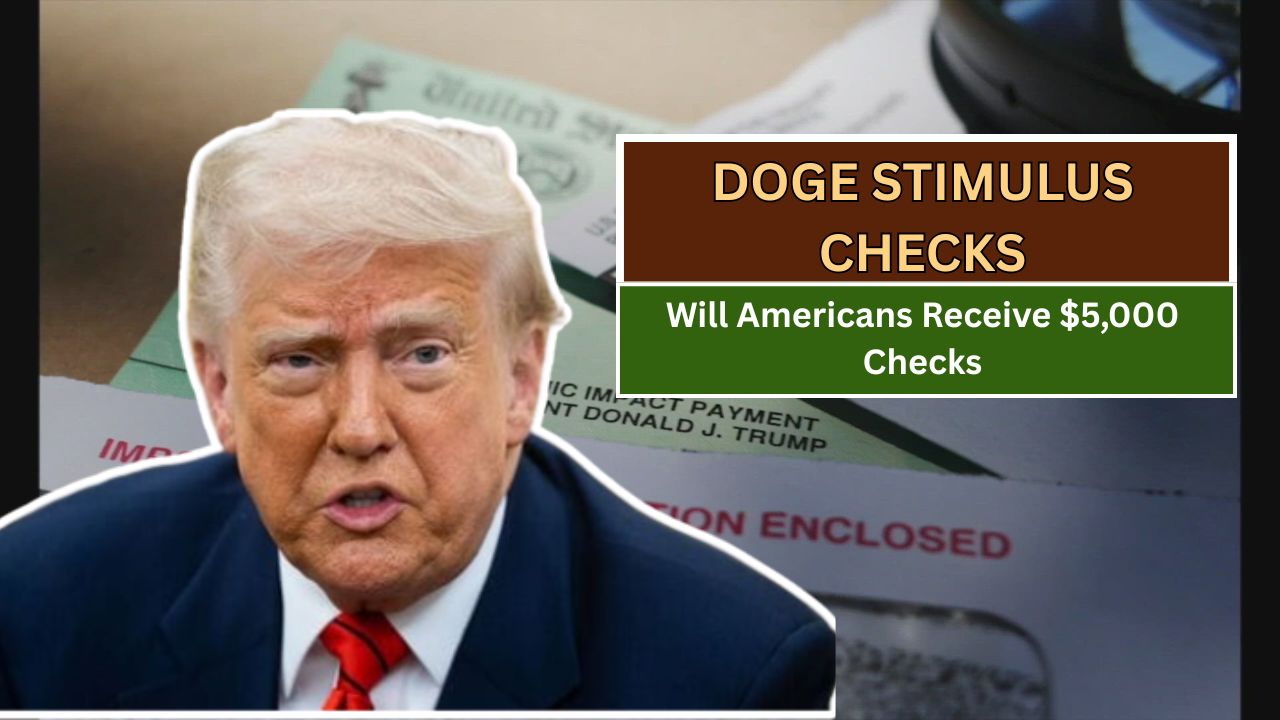As conversations continue around fiscal reform and government efficiency, a proposed initiative known as the “DOGE Stimulus” has attracted national attention for its promise of $5,000 stimulus checks to American taxpayers. But despite public interest and endorsements from key political figures, the initiative remains just a proposal—with no legislative backing or realistic funding in place.
What Is the DOGE Stimulus Proposal?
The DOGE (Department of Government Efficiency) stimulus refers to a plan championed by James Fishback, CEO of Azoria Partners, and supported by former President Donald Trump. The concept is simple in theory: cut federal waste, save $2 trillion over a period of time, and return 20% of that savings to American taxpayers in the form of $5,000 “DOGE dividend” checks.
Another 20% of the savings would be directed toward paying down the national debt, while the rest would fund core government operations more efficiently.
This initiative has been strongly associated with Elon Musk, who was tapped to help lead DOGE due to his reputation for innovation and cost-cutting strategies.
For full background on DOGE, visit AP News.
How Much Has DOGE Saved So Far?
According to reports, DOGE has managed to save approximately $160 billion since its inception—far below the $2 trillion target needed to fund the $5,000 checks.
That said, the program is still ongoing and is scheduled to conclude in July 2026, leaving some time for additional savings. Whether it can hit the intended savings target remains highly questionable.
More on DOGE’s current performance can be found in this FingerLakes1 article.

What Would Trigger the Payments?
There are two major conditions for the DOGE stimulus checks to become a reality:
- Savings Milestone: DOGE must save at least $2 trillion.
- Congressional Approval: Any check distribution must be passed into law by Congress.
So far, no formal legislation has been introduced in the House or Senate to authorize the proposed checks. Without legislative backing, the checks remain speculative.
Business Insider explains the legal and logistical barriers in detail.
Who Would Qualify for the $5,000 Checks?
If the checks are ever approved, eligibility would be limited to those who are net payers of federal income tax—meaning they contribute more to the federal government than they receive in benefits. This would exclude nearly 40% of American households, including many low-income earners and retirees who do not owe federal income tax.
This design has sparked debate, with critics arguing that it could widen economic inequality.
For more information, refer to this Houston Chronicle report.
What’s the Political Outlook?
Former President Trump has voiced support for the DOGE initiative, framing it as a way to “return wealth to the people.” However, House Speaker Mike Johnson and other key Republican lawmakers have expressed concerns about inflation and deficit implications.
Critics on both sides of the aisle warn that issuing such large checks could drive up inflation and compromise long-term fiscal health, undermining the very savings DOGE aims to achieve.
The Washington Post published a detailed opinion piece outlining potential economic repercussions.
Conclusion: A Long Road Ahead
In summary, while the idea of $5,000 DOGE stimulus checks has gained popularity online and among segments of the political right, the proposal faces significant obstacles:
- Insufficient savings
- No Congressional legislation
- Complex eligibility rules
- Economic and inflation risks
Until these challenges are addressed, the checks remain hypothetical. For those hoping for a financial boost, it’s best to stay informed but manage expectations.
This article has been carefully fact-checked by our editorial team to ensure accuracy and eliminate any misleading information. We are committed to maintaining the highest standards of integrity in our content.

Outside of work, he enjoys playing chess, following cricket, and writing short stories. His commitment to integrity and in-depth analysis strengthens OTE News’ mission of providing trustworthy journalism.




